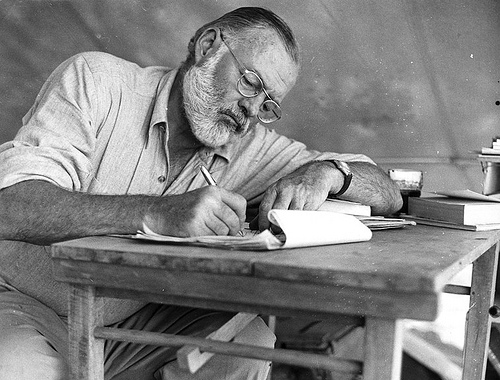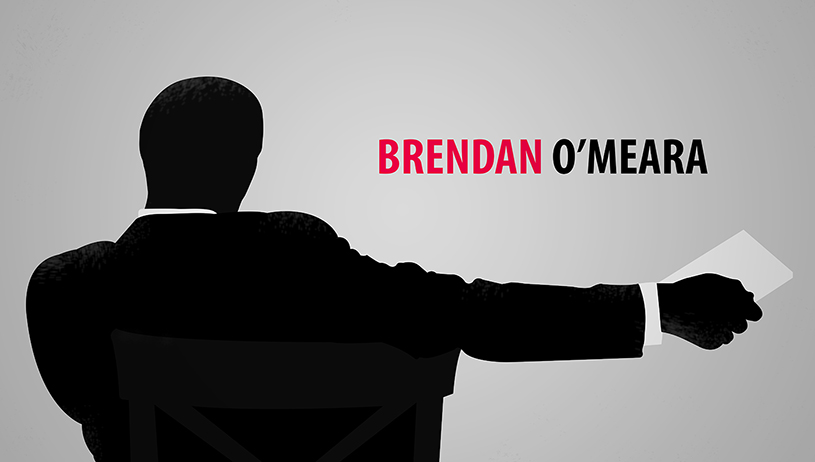Written by Brendan O’Meara (email sign up ============>)

I have a ton of respect for the short story. I have a ton of respect for the (well done) long form magazine piece. Why? It’s all about word economy and pacing. The real estate to get the story told can’t be too expansive. I’ve been reading the short stories of Karen Russell, George Saunders, Ernest Hemingway. There’s something so underrated about the short story.
Unless you are Russell, Saunders or Alice Munro, short stories just don’t sell. As a collection anyway. Another drawback could be that as soon as you feel invested in a character the story is over and it’s onto the next one where the reader must start all over again and get to know new characters. It so one-night-standish, but that’s also the beauty. The reader gets to know to new characters, new flings and no walk of shame.
So, I’ve been dabbling. There’s a sports short fiction contest put on by Winning Writers. Last year’s story, Fight Night, was the annual winner. It’s a nice little story about a good doctor in debt to his patient. In 2013 I entered their essay contest and submitted an essay version of The Last Championship and lost. I felt defeated, but what are you going to do? So this year I decided to write a short story about a former Major League baseball player who moves to a small town and is courted by all the slow-pitch softball teams in the area. The story is The Ringer, and it’s an allegory for modern sports negotiations. Here’s the opening:
I was a middling baseball player. I was aware of my middlingness and thus saved my money while I was in the pros. I never made much, but it was above average and for a short time you might even say I was wealthy. I mean, I once test-drove a Maserati. My best season saw me play 93 games, bat .271 with 14 RBIs and one home run (an inside the park homerun when the center fielder, the great Ken Griffey, Jr. tried to make one of his typically outstanding plays. Show off.) After my career was effectively over I took a year or two to do nothing more than be a bullpen catcher. I made something like $40,000 a year to watch professional baseball players do their thing, warm up a relief pitcher late in the game, and otherwise reflect on how good I had it.
There came a time to give that up. I had my money, yes, but I had no education so I was basically unhireable. I wanted to do something and I didn’t really care what that something actually was. I lived an extraordinary life for a time and now it was time to blend in as best I could. I’d be the red to somebody’s blue and make purple.
I could walk into any hardware store, diner, or supermarket and not draw the slightest bit of attention. That was the hope.
I loved playing ball and there were twilight leagues I could join, but that didn’t seem fair. Plus seeing middle-aged men in baseball uniforms stretched like bat-wing membranes over their midsections was depressing or, at least, it depressed me. Strangely, what seemed more age appropriate, like mom jeans, was playing slow-pitch softball.
It was fun. I’ve got a few other short stories in the hopper and I’m going to try and land those at magazines and journals.
There’s so much allure to the NOVEL that the short story gets pushed aside. If nothing else the short story is good exercise. There are plenty of novels that are written that could have been saved had they just been a short story. Same goes for a LOT of nonfiction books. A 10,000-word magazine piece or Kindle Single would read so much better than a 70,000-word book.
What do you think?

